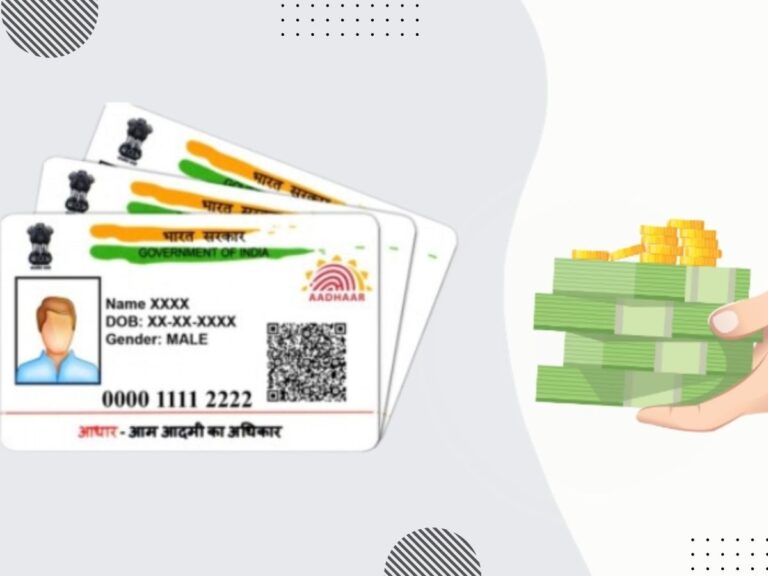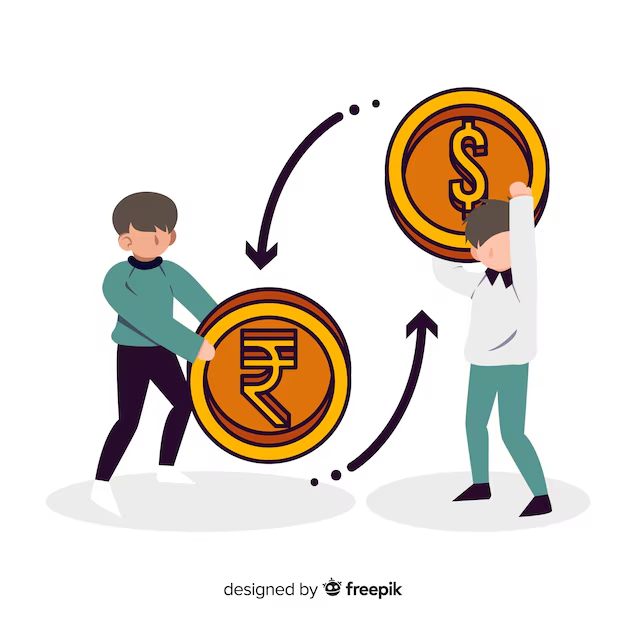If I Received My Salary in Cash, Can I Get a Home Loan?

Receiving your salary in cash can have a significant impact on your ability to receive a salary Home loan. While the specifics may vary depending on the country and lender, there are general factors that may affect whether you qualify for a home loan in such a scenario. Here’s a detailed breakdown of the key points to consider:
Lender’s requirements for proof of income
Most financial institutions require borrowers to provide proof of income to assess their ability to repay the loan. If you’re paid in cash, you may have a harder time proving a stable source of income.
- Traditional proof of income: Lenders typically look for bank statements, pay stubs, or direct deposit records to verify that a borrower has consistent income. These documents also show how much money you regularly earn.
- Cash payments: If you’re paid in cash, you probably don’t have supporting documents such as bank deposits or official pay stubs. This makes it difficult to prove to lenders that your income is stable, which is a crucial factor in determining your eligibility for a home loan.
The role of bank statements in loan approval
Banks and mortgage lenders typically require applicants to provide their bank statements to assess their financial habits and verify their income. If you receive your salary in cash and don’t deposit it into your bank account, it will be much more difficult for lenders to see your income or assess your financial stability.
- Irregular deposits: If you occasionally deposit some of the cash you receive, this could be viewed as irregular income, raising questions about the sustainability and legality of your financial situation.
- Documentation challenges: You may need to find alternative ways to document your income. For example, it may be helpful to have a written agreement or contract with your employer that details your salary, or to use a payroll service that tracks your income. However, this may not always meet a lender’s strict requirements.
Alternative documentation options
If you are paid in cash, there are ways to prove your income, although these may not always be accepted by traditional banks.
- Self-employed borrowers: If you are self-employed or work as a freelancer, lenders may require tax returns, proof of ongoing business contracts or other financial documents such as profit and loss statements, as these can demonstrate regular income.
- Letter from the employer: In some cases, a letter from your employer stating your salary and length of employment may be helpful. However, such letters often need to be accompanied by additional documents to confirm their legitimacy.
- Tax returns: Tax returns can serve as proof of income. If you declare your income for tax purposes, the tax returns can provide clear evidence of your income. However, depending on the nature of your cash salary (e.g. if you do not declare the full amount), this may involve legal risks or difficulties in proving your income.
- Income declaration: Some lenders may accept an income statement, which is a sworn statement of your income. However, this may only be a temporary solution and you may need to provide more specific evidence later in the application process.
Credit score and financial health
Even if you receive your salary in cash, lenders still consider other factors when determining your eligibility for a home loan, such as:
- credit-worthiness: A good credit score can often outweigh other documentation issues because it demonstrates a history of responsible debt management. If you have good credit, you may be able to get a loan without detailed proof of income.
- Existing debt and financial health: Lenders will also consider your overall financial situation, including any existing debts, your savings and your spending habits. Exhibiting responsible financial behavior, even without formal proof of income, can increase your chances.
Government regulations and tax reporting
Many countries have strict rules for income reporting and taxation. If you receive your payments entirely in cash and do not report this to the government, you could face tax issues that could affect your ability to qualify for a home loan.
- Tax compliance: Lenders often require borrowers to prove they are tax compliant. If you receive cash but don’t report it on your taxes, you may have problems applying for a loan. Some countries have regulations that require reporting of all income, even if it is paid in cash.
- Legal issues: If a lender notices that you are not fully declaring your income, in addition to tax issues, this could raise concerns about your honesty or financial integrity and could potentially result in your loan application being rejected.
Alternative Lenders and Non-Traditional Mortgages
Traditional banks may have strict home loan approval requirements. However, there are alternative loan options that may be more flexible when it comes to income verification. This includes:
- Non-bank lenders: Some financial institutions, credit unions, and private lenders may offer more flexibility in income documentation, especially if you have a solid credit history or other assets that demonstrate your ability to repay the loan.
- Subprime lenders: If you have credit or income verification issues, subprime lenders may be an option, although they often offer higher interest rates and less favorable loan terms.
- No-doc or low-doc credits: These are loans offered by some lenders that require less documentation. They may allow you to bypass traditional proof of income such as pay stubs and bank statements. However, these loans are typically aimed at borrowers with excellent credit and come with higher interest rates due to the increased risk to the lender.
Impact on loan conditions
Even if you can get a home loan with cash income, the terms may not be as favorable as if you were employed on a direct deposit salary.
- Higher interest rates: Some lenders may view a cash salary as higher risk, resulting in higher interest rates on your loan.
- Smaller loan amount: Because your income is harder to verify, lenders may be more cautious and offer you a lower loan amount even if you qualify for a larger loan based on other financial factors.
Practical advice
If you want to improve your chances get a home loan when paying in cash:
- Deposit cash regularly: Start by depositing at least a portion of your salary into a bank account. This creates a paper trail that makes it easier for lenders to verify your income.
- Report your income: Make sure you report all of your income to the tax authorities. This helps with both regulatory compliance and loan eligibility.
- Build a strong credit history: Stay on top of your expenses, pay bills on time, and avoid a high debt-to-income ratio to build a solid credit history that lenders can use to evaluate your loan application.
Diploma
If you receive your salary in cash, it will be more difficult to receive a salary Home loanit’s not impossible. If you find alternative ways to document your income, consider non-traditional lenders and maintain good credit, you may still be able to qualify for a mortgage. However, you will likely face more scrutiny from lenders and the terms of the loan may not be as favorable as those for employees with regular income from bank deposits.







